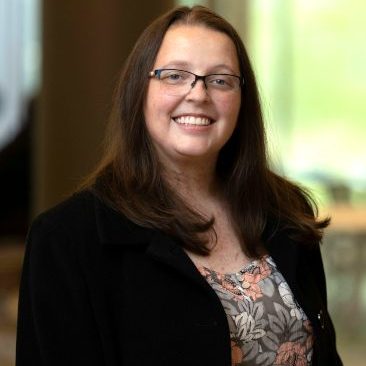Professional Summary
Biography
Dr Lynette Pretorius is an award-winning educator and researcher who interlaces imagination and insight to reimagine what higher education can be. Drawing on her interdisciplinary expertise, she weaves together diverse ideas, lived experiences, and pedagogical innovations to create inclusive and transformative learning environments. Lynette has extensive experience teaching across undergraduate, postgraduate, and graduate research levels, including supervising PhD students. Her research advocates for more compassionate, equitable, and creative learning environments, with a particular focus on doctoral education, academic identity, student wellbeing, and AI literacy. She is the author of numerous peer-reviewed publications, including two academic books that explore the lived experiences of graduate research students. As a Senior Fellow of the Higher Education Academy, Lynette has also been internationally recognised for her leadership in teaching and learning, particularly her dedication to designing transformative educational experiences that centre wellbeing, justice, and student growth.
Teaching Philosophy
Dr Lynette Pretorius’ teaching philosophy is grounded in the belief that learning is a dynamic, collaborative, and transformative process. She sees teaching as an imaginative and daring endeavour, one that invites both students and teachers to think beyond conventional boundaries, to question assumptions, and to co-create knowledge in ways that are meaningful and impactful. Her learning environments are vibrant spaces where creativity and curiosity are encouraged and where students are inspired to take intellectual risks. Through experiential and reflective learning, Lynette supports students in exploring and developing knowledge for themselves, thereby deepening understanding, fostering self-awareness, and cultivating the confidence to apply what they learn in diverse, real-world contexts. She also views herself as a mentor and co-learner committed to nurturing inclusive and supportive learning communities. These communities prioritise peer-based and student-led engagement, allowing each student’s voice to be heard and valued. Her approach not only empowers students to become independent thinkers but also fosters a sense of belonging and purpose, enabling them to flourish both academically and personally.
Research Summary
Dr Lynette Pretorius sees research as a creative and transformative endeavour. As an interdisciplinary scholar, she weaves together insight, imagination, and critical inquiry to reveal the subtle threads connecting personal narratives to broader institutional and cultural structures. She is internationally recognised for her contributions to doctoral education and for her pioneering work in defining and shaping a comprehensive framework for AI literacy in higher education. Lynette has published more than 40 peer-reviewed academic works and is interested in doctoral education, academic identity, student wellbeing, AI literacy, and autoethnography. Her work has garnered over 2600 citations, reflecting both the intellectual depth and practical relevance of her work.

